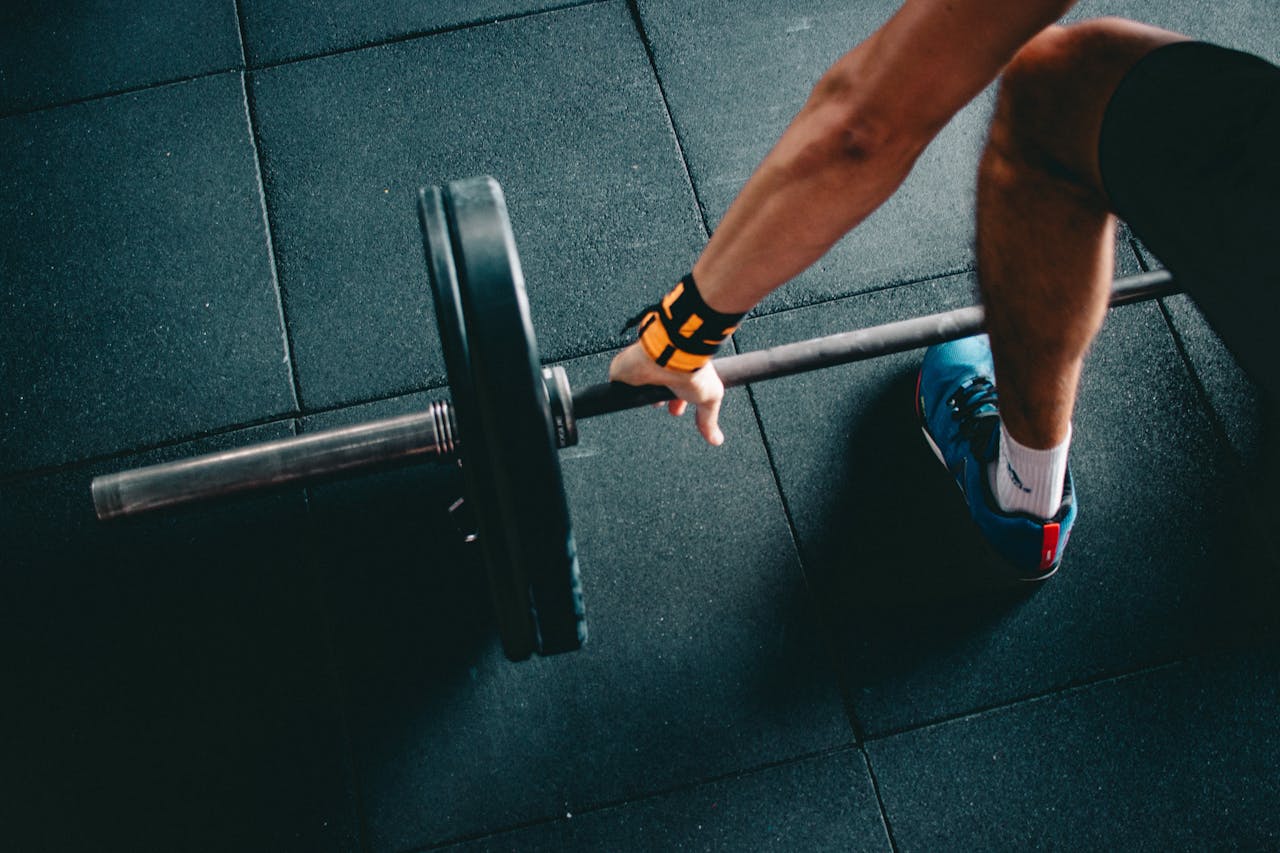Unlock Your Fitness Potential: The Importance of Nutrition for Building Muscle and Strength
Are you tired of working out and seeing little to no results? You might be missing out on a crucial aspect of fitness: nutrition. The food you eat plays a crucial role in how your body performs during exercise and can greatly impact your ability to build muscle and strength.
To build muscle and strength, your body needs an adequate supply of protein. Protein is made up of amino acids, the building blocks of muscle tissue. When you exercise, you create small tears in your muscles, and protein is needed to repair and rebuild them. Without enough protein, your muscles won’t be able to recover properly, which can lead to muscle loss and decreased strength.
Protein Powder
But how much protein do you need? The answer varies depending on your body weight and activity level. As a general rule of thumb, aim for 0.8 to 1 gram of protein per pound of body weight daily. So, if you weigh 150 pounds, you would need around 120 to 150 grams of protein daily. Protein powder is essential for anyone who is into fitness, whether you’re a beginner or a seasoned athlete. A place like Bucked Up sells many protein powders using only the best quality ingredients to ensure its users get the most out of their muscle recovery and workout.
In addition to protein, carbohydrates are also essential for fueling your workouts. Carbohydrates provide energy for your muscles, which can help you perform better during exercise. Eating carbs before and after your workouts can also help with recovery, as they replenish glycogen stores in your muscles.
Carbs
But not all carbohydrates are created equal. Focus on complex carbohydrates, such as whole grains, fruits, and vegetables, rather than simple carbs like sugar and processed foods. Complex carbs provide a steady energy source, while simple carbs can cause a spike in blood sugar followed by a crash.
Healthy fats are another important component of a balanced diet. Fats help with hormone regulation and can reduce inflammation in the body. Some good sources of healthy fats include avocado, nuts, seeds, and fatty fish like salmon.
In addition to focusing on the right macronutrients, it’s also important to pay attention to micronutrients. Vitamins and minerals are crucial in the body’s overall function, and deficiencies can impact physical performance. For example, iron is essential for oxygen transport in the body, and a deficiency can lead to fatigue and decreased endurance.
Exercise and Nutrition
Timing your meals around your workouts can also be important. Eating a meal or snack that contains carbohydrates and protein before and after your workout can help to fuel your exercise and support muscle recovery. For example, a banana with almond butter before your workout and a grilled chicken salad with sweet potato after your workout can provide the nutrients your body needs to perform and recover.
Staying hydrated is also key for optimal performance. Drinking water and electrolyte-rich fluids can help to prevent dehydration, which can decrease performance and impair muscle recovery. Aim to drink at least half your body weight in ounces of water daily and more if you’re exercising intensely.
Supplements
In addition to a healthy diet, supplements can also help support physical performance. Whey protein powder, for example, can provide a quick and convenient source of protein post-workout, while creatine can help to increase muscle strength and endurance. However, supplements should never be a replacement for a balanced diet.
It’s also important to remember that nutrition is just one aspect of fitness. Consistent exercise, adequate sleep, and stress management are also crucial for overall health and performance. Make sure to give your body the rest and recovery it needs to rebuild and repair.
Conclusion
Nutrition plays a vital role in physical performance and is essential for building muscle and strength. A balanced diet with plenty of protein, complex carbs, healthy fats, and micronutrients can support muscle growth, strength, and recovery. By fueling your body properly and staying hydrated, you’ll be able to get the most out of your workouts and reach your fitness goals. Remember, exercise and nutrition go hand in hand – prioritize both for optimal results.

